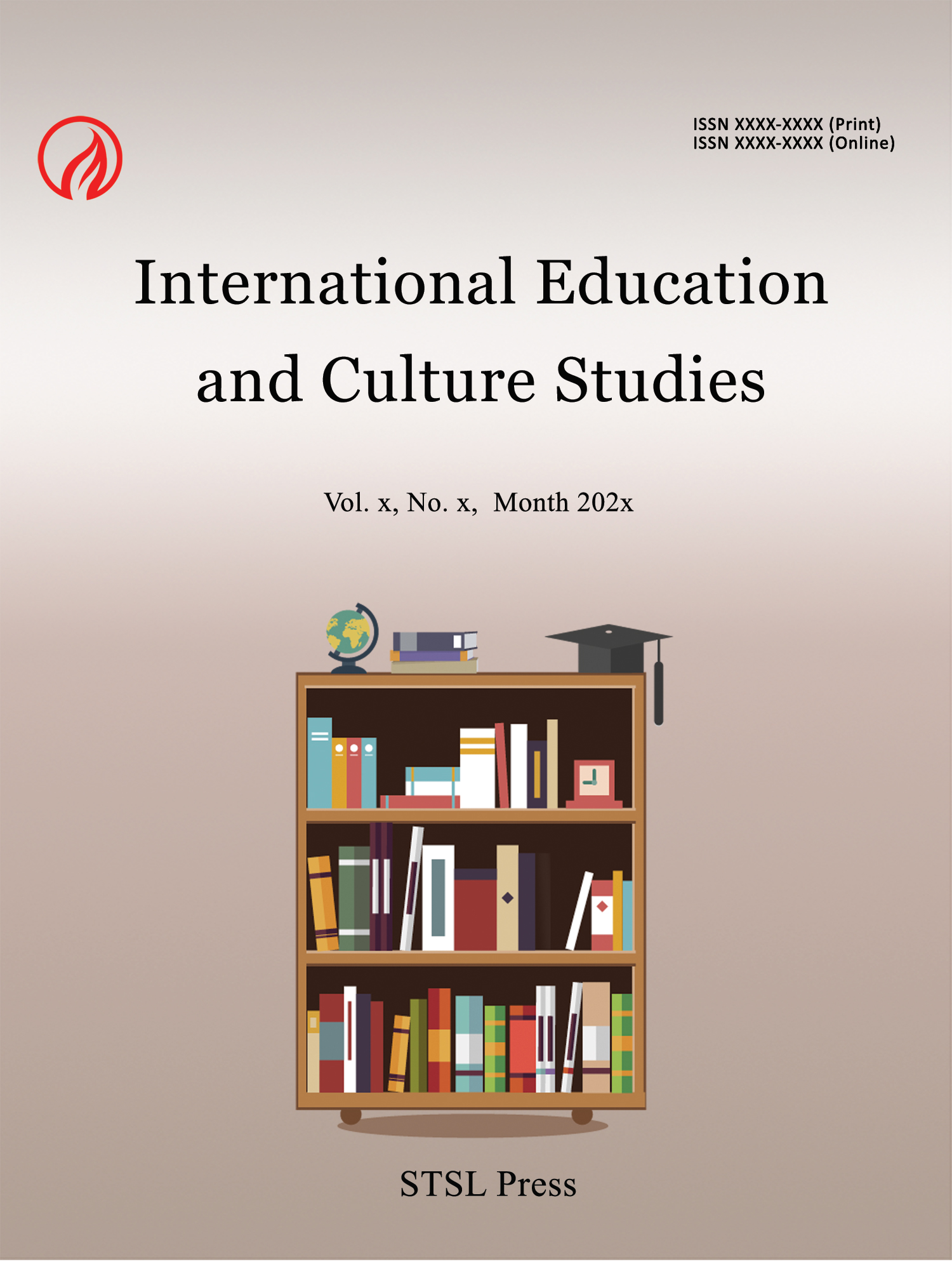A Study of John Donne’s Love Ethic in His Poems from the Perspective of Ethical Literary Criticism
Mengying Lai
Abstract
John Donne (15721631) was a significant figure of Metaphysical poetry, a school of poets who were noted for their use of special comparison and composed various kinds of poems throughout his whole life. He created poems with different themes and thoughts in different stages of life, which were the authentic depictions of his time.
Donne was adept at writing love poems, which can be seen in his work Elegies. In his love poems, he deliberately belittles women and promotes physical love. Many scholars therefore believe that he is dissolute and dissipated, and does not understand his special poems, thus criticizing and accusing him.
However, with the change of the concepts, more and more scholars have begun to interpret Donne’s poems from a new perspective, and there is also a new understanding of Donne's works.
This thesis attempts to interpret Donne’s poems with the method of ethical literary criticism. Ethical literary criticism is a literary research method that interprets, analyzes, and explains literature from an ethical standpoint. Taking Donne’s Elegies as an example, this thesis combines the theories of ethical literary criticism to reveal Donne’s ethical significance in his poems from the perspective of love ethics.
After reading Donne's love poems, we found that Donne's love ethics is harmonious and just. In his love poems, he showed a humanistic spirit originating from the Renaissance period. This humanistic spirit is incompatible with the rational consciousness advocated in his era. He opposes the poetic tradition that over-dignified women and shows a greater understanding of women. At the same time, he opposes overemphasizing human factors curbing people's desires, and respecting human instincts and needs. His love ethics is also advanced now.
Paper:
pdf
DOI:
https://doi.org/10.71002/iecs.v4n1p55
 This work is licensed under a
Creative Commons Attribution 4.0 License.
This work is licensed under a
Creative Commons Attribution 4.0 License.
Contact us
- Jerry Lee
- iecs@stslpress.org
